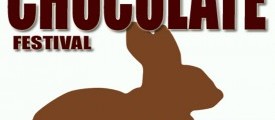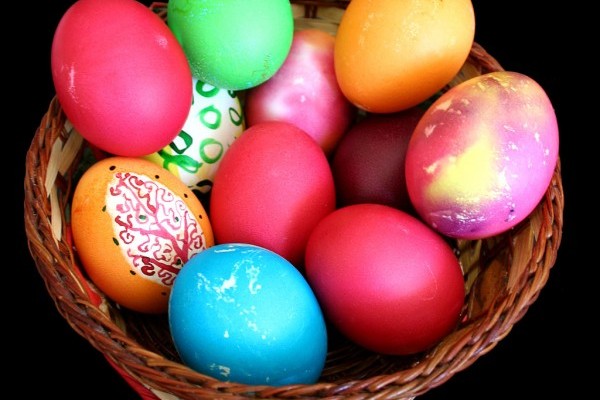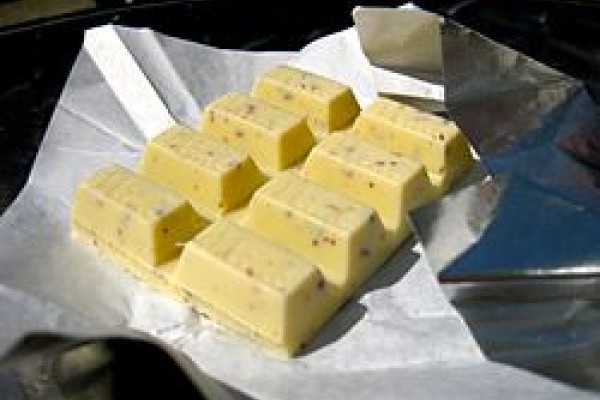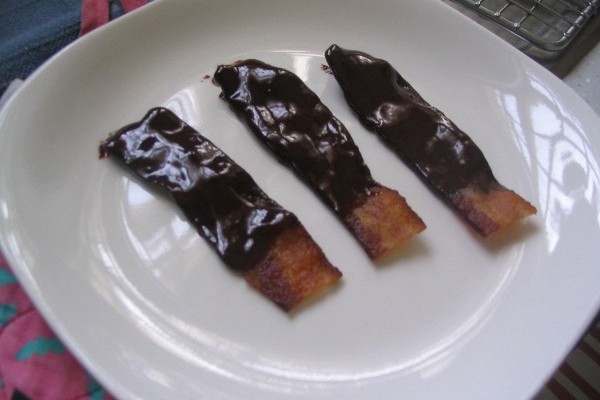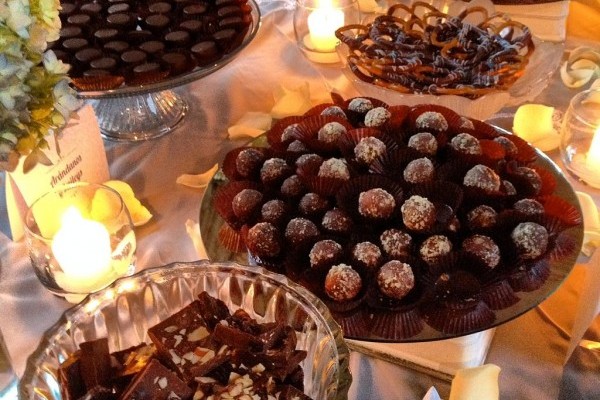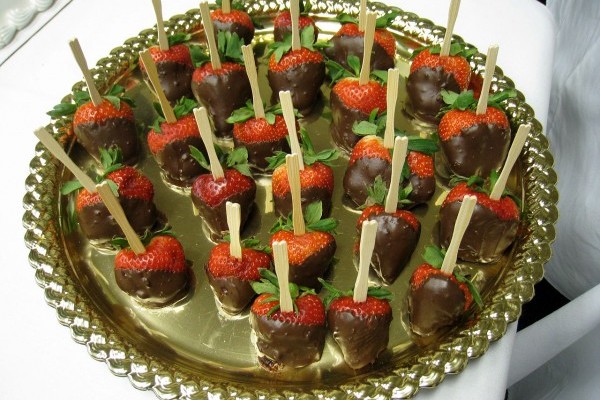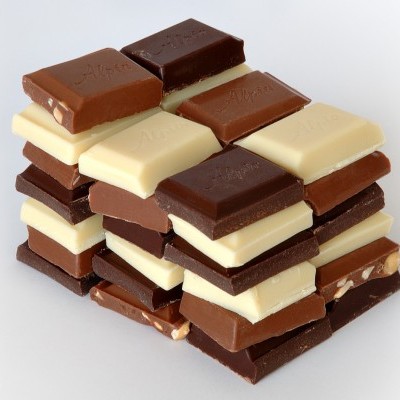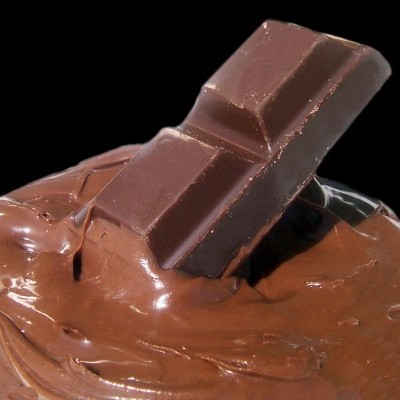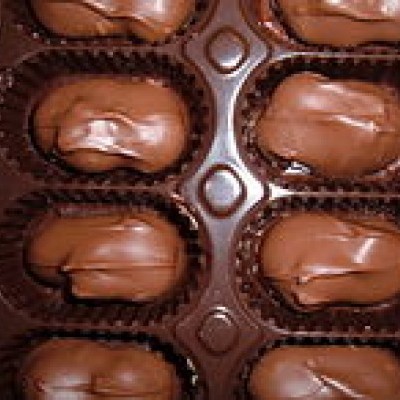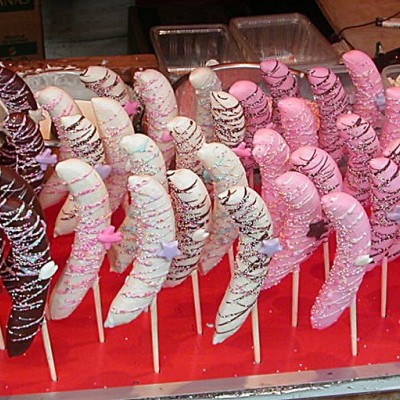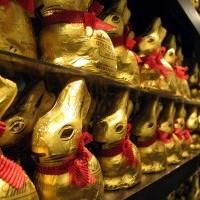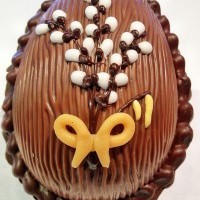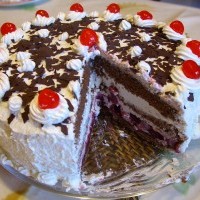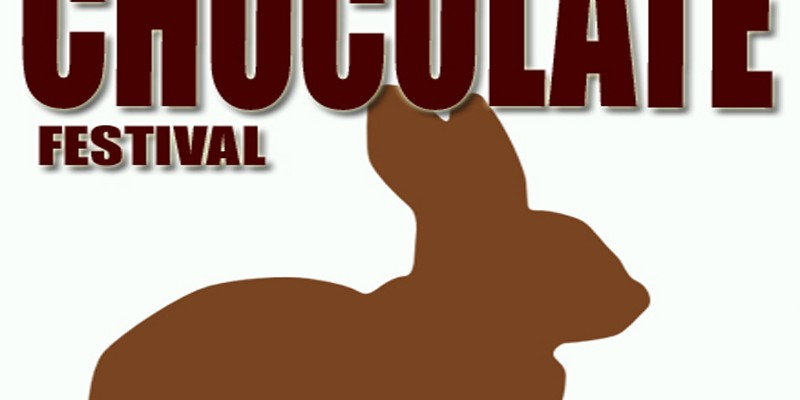
Why Do Kids Get Chocolate Coins on Religious Holidays?
You may have seen chocolate coins in bright gold and silver colored wrappers in the stores around mid-winter. Unless you're Jewish, you might not have known what these coins were for. While they're simply a tasty treat for the rest of us, these coins are a part of the Hanukkah celebration for Jews - they're called gelt, which is Yiddish for money.
Gelt is often given out to children to help them enjoy the holiday. Sometimes the gelt is in the form of real coins - the equivalent of stocking stuffers - and larger gifts of money from grandparents. Gelt given in Israel is called dmei Hanukkah. In addition, those who visit Hasidic Rebbes during the season may receive coins, as a blessing. However, there's also chocolate gelt.
Modern chocolate gelt can look like current coins or like antique ones. Each gold or silver wrapper is stamped to look like a coin, complete with a face side, tail side and writing. The chocolate beneath is similarly stamped. Little bags of these confections can be easily found in drug stores, grocery stores, high end chocolatiers and other places where delicious chocolate is sold. Of course, the price of the gelt will reflect the quality of the chocolate inside.
Gelt in the form of chocolate coins is a mostly twentieth century innovation. It makes a fun gift for children, and can be used instead of real money in dreidel games. Playing with a dreidel is a big part of the Hanukkah celebration for Jewish children, since it commemorates a period where Jews were not allowed to study Torah by the Romans. To hide the fact that they were really engaging in forbidden religious practices, playing dreidel games arose. Roman soldiers who encountered someone playing these games assumed that they were gambling, not studying.
A dreidel, called a sevivon in Hebrew, is a spinning top with four sides. Children play with it for Hanukkah, and each side has a Hebrew letter imprinted on it. These letters are an acronym for a Hebrew phrase meaning "A great miracle occurred there". This refers to the miracle of the oil that Hanukkah celebrates.
After the lighting of the menorah, it's appropriate to play the dreidel game. Each child starts out with ten or fifteen coins, which may be real, or can be made of chocolate. The players spin the dreidel, and depending on which side the top falls on, they either win markers from the pot or have to give up some of their coins. There's more than one way to play the game, and many games keep going until one player has all the chocolate coins.
Chocolate coins are a tradition dating back many centuries. They were enjoyed back then and are equally enjoyed as much today. They are always a treat and even more exciting since they are reserved for the rare special occasions. Chocolate coins are something everyone remembers getting as a child well into their adulthood and then giving them to their own kids.
ARTICLE SOURCE: http://www.articlesbase.com/food-and-beverage-articles/why-do-kids-get-chocolate-coins-on-religious-holidays-657641.html










